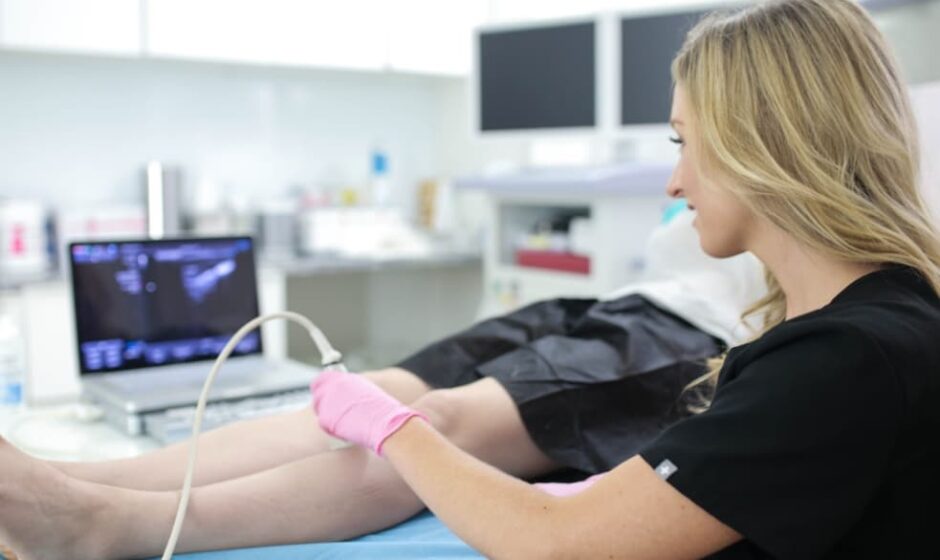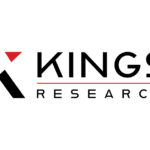Varicose veins are a common condition affecting many people, often leading to physical discomfort and potential health concerns. If you’re experiencing varicose veins and wondering about treatment options, you may be asking, What kind of specialist treats varicose veins at a vein treatment center? This article will provide an in-depth look into the specialists who can help alleviate your symptoms, the treatments available at vein treatment centers, and how to choose the right professional for your care.
Understanding Varicose Veins
Varicose veins are swollen, twisted veins that are often visible just beneath the skin’s surface. These veins are most commonly found in the legs and can cause pain, fatigue, swelling, and sometimes more severe complications. The condition occurs when the veins’ valves malfunction, allowing blood to pool rather than flow efficiently toward the heart. Although varicose veins are often viewed as a cosmetic issue, they can lead to serious health problems if left untreated.
What Is a Vein Treatment Center?
A vein treatment center is a medical facility dedicated to diagnosing and treating conditions related to veins, including varicose veins, spider veins, deep vein thrombosis, and more. These centers focus on providing specialized care and treatments that target vein health. Many vein treatment centers offer a wide range of minimally invasive procedures, which help patients avoid lengthy recovery times and achieve optimal results.
The Role of a Specialist in Treating Varicose Veins
Now that we understand the nature of varicose veins and vein treatment centers, it’s important to explore the specific specialists who treat these conditions. The type of specialist you’ll consult will largely depend on the severity of your varicose veins and your overall health.
Phlebologist: The Vein Specialist
A phlebologist is a medical professional who specializes in diagnosing and treating vein disorders, including varicose veins. Phlebologists are trained to treat conditions affecting the veins and circulatory system. They often work in vein treatment centers and are the most common specialists patients see for varicose vein treatment.
Phlebologists may come from various medical backgrounds, including internal medicine, dermatology, or surgery. However, they have additional training specifically in the management of vein-related problems. During your consultation, a phlebologist will conduct an examination, possibly including an ultrasound, to determine the extent of the varicose veins and recommend the best course of action.
Vascular Surgeons
Vascular surgeons are highly trained specialists who focus on the treatment of conditions affecting the blood vessels, including arteries and veins. In the context of varicose veins, vascular surgeons are well-equipped to perform surgeries when less invasive treatments are not sufficient. While many varicose vein issues can be resolved with non-surgical methods, vascular surgeons are essential for treating severe or complex cases that may require procedures like vein stripping or sclerotherapy.
A vascular surgeon may work alongside other specialists at a vein treatment center to ensure that patients receive comprehensive care. They are often called upon when varicose veins cause complications such as ulcers or deep vein thrombosis.
Interventional Radiologists
Interventional radiologists are doctors who specialize in using imaging techniques to guide minimally invasive procedures. They are experts in performing procedures that target blood vessels, including those involved in varicose veins. An interventional radiologist at a vein treatment center can treat varicose veins using techniques like endovenous laser therapy (EVLT) or sclerotherapy, which require precision and expertise.
One of the key benefits of seeing an interventional radiologist for varicose vein treatment is that they use advanced imaging technologies like ultrasound to guide their treatments, ensuring accuracy and minimizing risks. This allows for quicker recovery times and less discomfort compared to traditional surgery.
The Role of Nurses and Technicians
At vein treatment center, nurses and technicians also play an essential role in providing care. While they may not diagnose or perform surgeries, their duties include assisting with diagnostic procedures, preparing patients for treatments, and providing post-treatment care. These professionals work closely with specialists to ensure that patients receive optimal care throughout their treatment journey.
What Treatments Are Available at a Vein Treatment Center?
When you visit a vein treatment center, you’ll find that there are several treatment options available for varicose veins. The type of treatment you receive will depend on the severity of your condition, your overall health, and your specific needs. Below are some of the most common treatments for varicose veins provided at vein treatment centers:
Sclerotherapy
Sclerotherapy is a popular treatment for small to medium-sized varicose veins. During this procedure, a solution is injected directly into the vein, causing it to collapse and eventually be absorbed by the body. Sclerotherapy is minimally invasive and typically requires little to no downtime, making it a popular option for many patients.
Endovenous Laser Therapy (EVLT)
Endovenous laser therapy (EVLT) uses laser energy to close off damaged veins. The laser is delivered through a thin catheter inserted into the vein, where it heats the vein walls, causing them to collapse and seal shut. EVLT is often used for larger varicose veins and is an effective alternative to traditional surgery.
VenaSeal
VenaSeal is a newer treatment for varicose veins that uses a medical adhesive to close the affected vein. The adhesive is delivered through a catheter, and once it is applied, the vein is sealed shut, redirecting blood flow to healthier veins. This treatment is known for its convenience, as it requires no anesthesia and has minimal recovery time.
Surgical Options
For severe varicose veins, surgery may be required. Vein stripping or ligation involves the removal of the affected vein. While this procedure is less common due to advancements in minimally invasive techniques, it is still sometimes necessary for patients with very large or complicated varicose veins.
How to Choose the Right Specialist at a Vein Treatment Center
When it comes to choosing a specialist to treat your varicose veins, it’s important to consider the following factors:
- Expertise and Qualifications: Ensure that the specialist is board-certified and has experience treating varicose veins specifically.
- Patient Reviews and Testimonials: Research the treatment center and read reviews from previous patients to get an idea of the quality of care provided.
- Treatment Options: Consider the range of treatments available at the center. A good vein treatment center will offer both minimally invasive and surgical options depending on your needs.
- Consultation: During your initial consultation, ask questions about your diagnosis, treatment options, and expected recovery time. This will help you make an informed decision.
Conclusion
In summary, specialists like phlebologists, vascular surgeons, and interventional radiologists are typically the ones who treat varicose veins at a vein treatment center. These professionals have the expertise needed to provide both non-surgical and surgical treatment options for varicose veins. When choosing a specialist, make sure to consider their qualifications, treatment options, and patient reviews to ensure you receive the best care possible for your condition.



